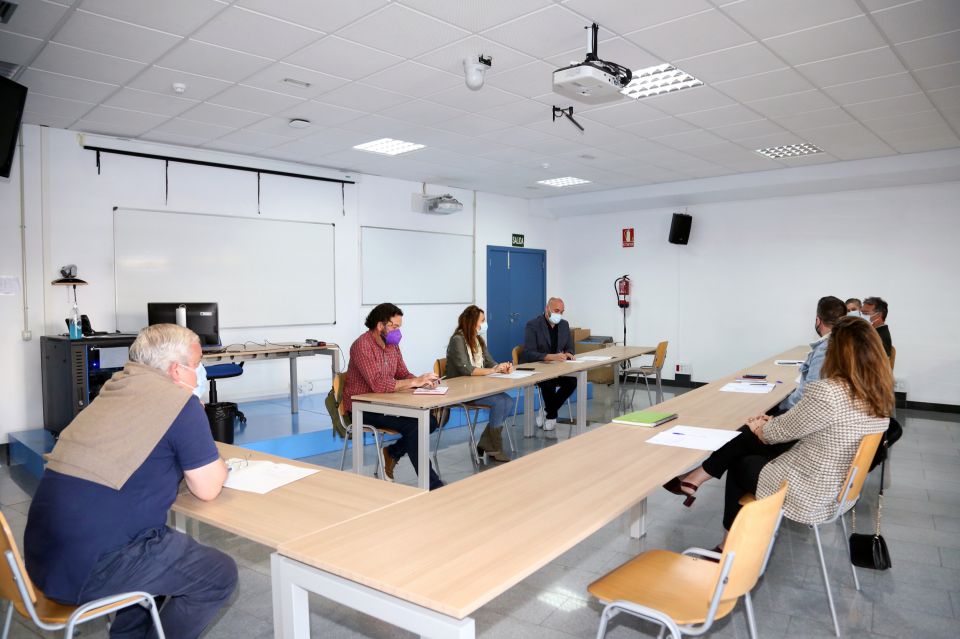The Adeje council’s department of Community Welfare, under councillor Mercedes Vargas Delgado, recently met with members of different associations and non-governmental organisations (NGOs), who are working on the ground locally. The meeting was to seek ways to co-ordinate local municipal resources for those people in a very vulnerable state.
During the meeting members of various associations including the Rotary Club Tenerife Sur, Cáritas, Cruz Roja and Mensajeros de la Paz Canarias outlined the difficulties that many of their organisations are having in meeting directly the needs of those seeking help. They all agreed that a co-ordinated approach with the borough’s social services department is essential, both when someone is trying to seek aid and in giving that aid where it is needed. All agreed that there needs to be access to all to apply formally for assistance through the channels established by the council.
Councillor Delgado Vargas, with the councillor responsible for the municipal food bank, José Antonio López Delgado, also took the time to tell the associations of the projects the council is currently engaged in in social services, to cover the needs of the borough’s vulnerable residents.
The councillor outlined the assistance that is currently being provided too through her department and confirmed that soon, in conjunction with the Cruz Roja, they will be beginning an alternative housing service for those in need of temporary shelter and/or in urgent need.
The council is about to begin a service too for the homeless in Adeje. Through the Cáritas charity they will be creating a complete picture of the needs locally – build up a picture of where the homeless are currently sleeping, how many people are affected, what their primary needs are, etc. From here they will design a direct action programme.
During the meeting the councillor also detailed the current structure of the social services division, with 9 new workers in the public division and 2 new members working directly with children and families in need. The plan is that this will also reduce the waiting time that someone will undergo to have an appointment with the department.
Finally, all those engaged agreed to meet every three months and that through co-ordination they can offer the best, most agile, efficient and flexible responses to those most in need.
